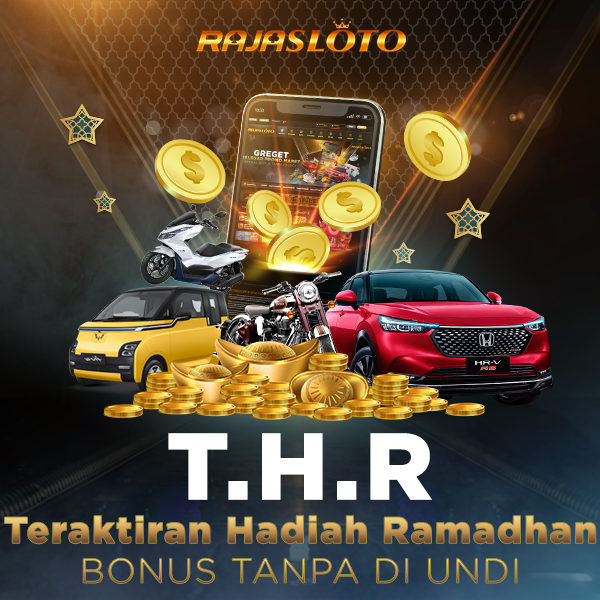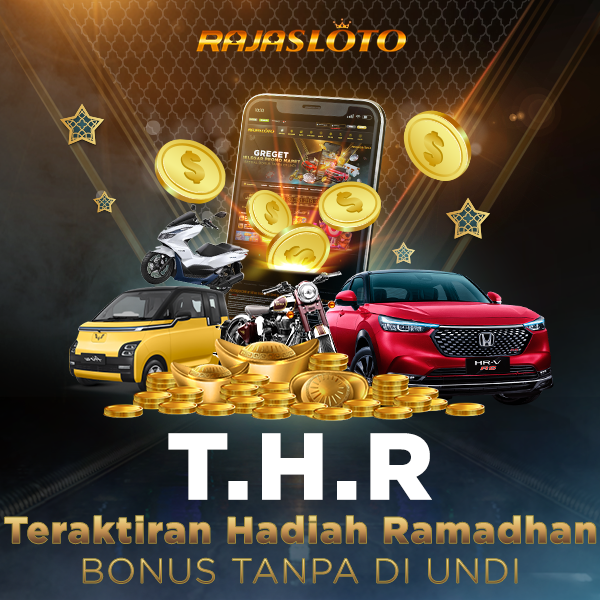RAJASLOTO
RAJASLOTO: The New Frontier of Online Slot Gaming - Join and Win Big!
RAJASLOTO: The New Frontier of Online Slot Gaming - Join and Win Big!
Couldn't load pickup availability
Experience the next level of online slot rtp terpercaya gaming with RAJASLOTO! Dive into an immersive world of interactive gameplay, tempting exclusive jackpots, and a vibrant community. Join now for an adventure like never before and spin your way to big wins at RAJASLOTO!
RAJASLOTO SLOT RTP: The Best Slot Gaming Immersive Interactive Experience
For those seeking a fresh and exciting online slot rtp terpercaya experience, RAJASLOTO is the answer. With its cutting-edge technology, interactive features, exclusive jackpots, and friendly community, RAJASLOTO elevates the online slot gaming experience to a whole new level. What are you waiting for? Join RAJASLOTO now and become part of this thrilling frontier!Tempting Exclusive Jackpots Of All Online Slot RTP Games RAJASLOTO
Of course, luck plays a significant role at RAJASLOTO, with tempting exclusive jackpots enticing players to test their fortunes. With favorable Return to Player (RTP) percentages, the chances of hitting significant wins online slot rtp terpercaya feel within reach. The appearance of jackpot symbols on the screen serves as a call to keep spinning for those spectacular prizes.


